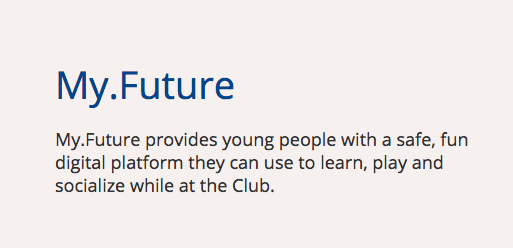GRADUATION & THE DIGITAL LITERACY GAP
Not everyone who graduates will have the digital skills to succeed
Students are well into the new school year – but how many of them will actually finish it? Here’s the good news – in 2016, the most recent year that statistics are available, the national high school graduation rate reached 84.1%. The increase was across the board, among all minority groups.

But graduating is only half the battle. Today’s students need the right tools to compete in a job market that increasingly demands digital skills. Without those skills, students will have few career options to choose from. Even careers outside of STEM pathways require digital literacy, computational thinking and an innovation mindset. Kids from lower socio-economic communities are most at-risk for being left behind.
And even though American youth are considered “digital natives,” children from underserved communities frequently do not have the same level of technical skills because they lack access to technology. Coupled with that, their teachers are often ill-equipped to help them improve their digital understanding. Teachers in high-poverty schools are less likely to be trained on how to integrate technology into the classroom, further deepening the digital gap.
So, what can be done to help?

One stalwart in the fight to help students overcome this digital skills barrier are Boys & Girls Clubs, which provides a safe, supportive place for kids to go after school. Once there, Club kids can boost their digital capabilities through a unique educational web platform called My.Future. Developed in partnership with Comcast, My.Future provides access to programs that develop a range of knowledge, skills, and behaviors required for future success. This includes cultivating technical skills like coding, to building social and emotional competencies like critical-thinking and creativity, so youth can become the creators, innovators and problem-solvers of tomorrow.
And the statistics are encouraging. Data from BGCA finds 12th-grade Boys & Girls Club members are more than twice as likely to express an interest in a STEM career as 12th graders nationally and Boys & Girls Club girls are more than three times more likely to express an interest in a STEM career as 12th-grade girls nationally. That success story is the reason behind the annual My.Future week celebration, taking place from November 12-16, to highlight the impact of the platform and the importance of promoting digital literacy and access to all.
Now entering its fifth year, there are plans to expand the My.Future program even further – which may bode well in helping more club kids strive for a brighter future.
.
*Partnered post with the Boys and Girls Club.*